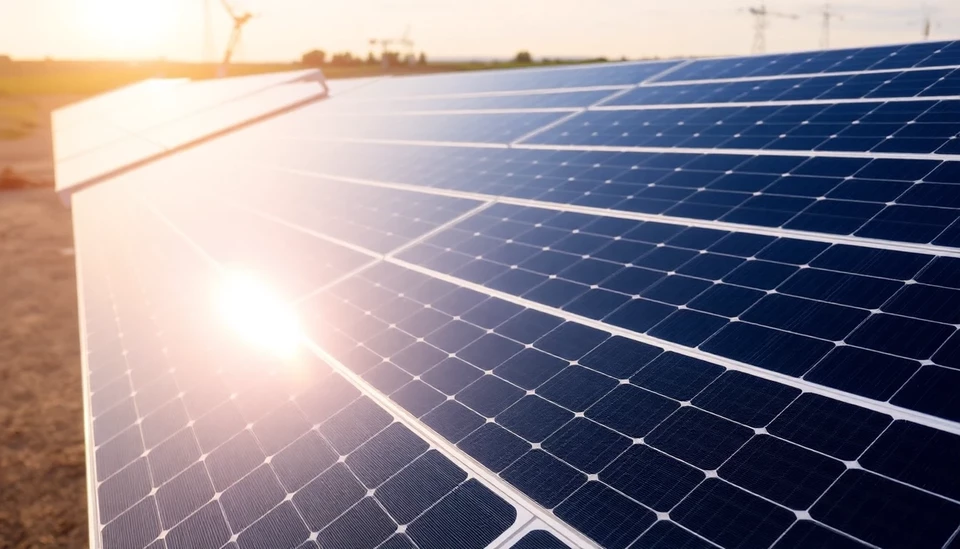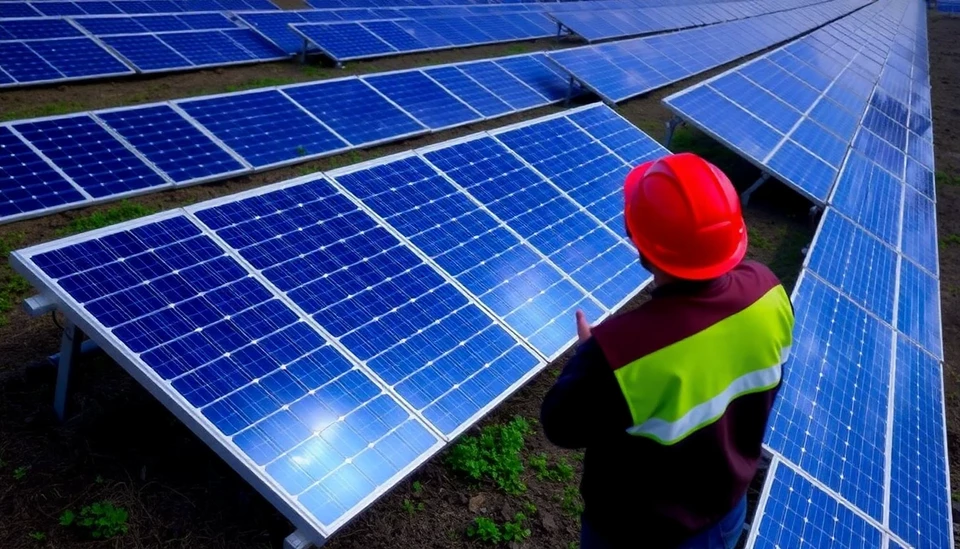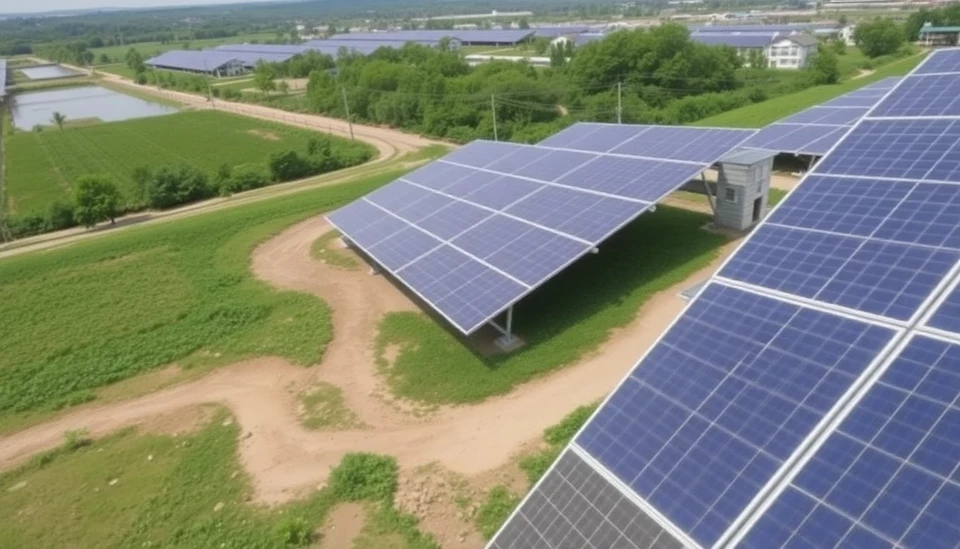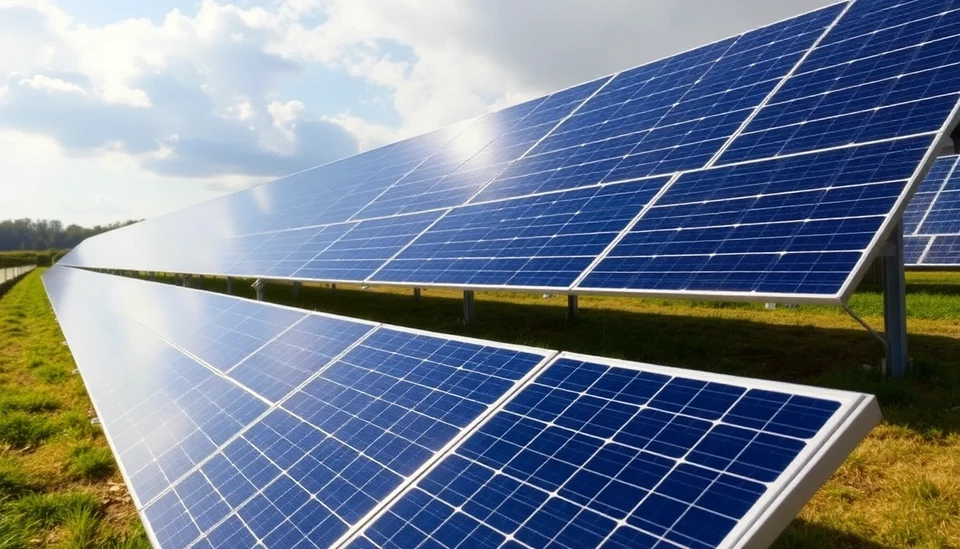
In a significant move to advance the renewable energy sector, the U.S. Treasury has announced the extension of a lucrative tax credit specifically targeting facilities engaged in the production of solar wafers. This development is part of the federal government’s broader strategy to enhance domestic manufacturing capabilities and promote clean energy initiatives, which are vital for achieving climate goals and ensuring energy independence.
The tax credit extension offers manufacturers a substantial financial incentive, potentially worth billions, aimed at encouraging the construction and upgrading of solar wafer plants across the nation. This initiative is expected to not only bolster the domestic supply chain for solar energy but also create thousands of jobs in the clean energy sector at a time when the industry is experiencing unprecedented growth.
Historically, solar wafers have been an essential component in the production of solar panels, which play a crucial role in harnessing solar energy. The U.S. has relied heavily on imported solar components, but with the new tax incentive in place, the Treasury hopes to catalyze a shift towards local production, significantly reducing dependence on foreign suppliers and improving the overall resilience of the energy infrastructure.
The announcement has been met with praise from various stakeholders in the clean energy community. Industry leaders argue that this move positions the United States to reclaim its standing as a leader in solar technology. The tax credit is anticipated to lower the cost of solar energy production, thereby making it more accessible to consumers and further driving adoption across the country.
Moreover, this initiative aligns with President Biden's ambitious climate agenda, which aims to have the U.S. power sector run on 100% clean energy by 2035. By supporting solar wafer production, the government is not only investing in green technology but also contributing to the creation of a more sustainable future.
Experts believe that the extended tax credits could stimulate innovation within the solar manufacturing sector, incentivizing companies to invest in advanced technologies that enhance efficiency and reduce costs. As companies ramp up production capabilities, the overall cost of solar panels is likely to decrease, which could accelerate the shift towards renewable energy for residential and commercial users alike, creating a win-win scenario for the environment and the economy.
As the clean energy landscape continues to evolve, stakeholders across various sectors will be closely monitoring the impact of this tax credit extension. With renewable energy becoming an increasingly important focal point for economic recovery and job creation, the U.S. Treasury's decision could mark a pivotal moment in the nation's clean energy journey.
In conclusion, the extension of the tax credit for solar wafer plants exemplifies the U.S. government's commitment to fostering a sustainable energy future while ensuring economic growth through domestic manufacturing. This decisive action is expected to play a crucial role in the nation’s transition towards a greener economy and achieving the collective climate goals of the coming decades.
#SolarEnergy #RenewableEnergy #TaxCredits #CleanEnergy #USManufacturing #ClimateGoals
Author: Megan Clarke




